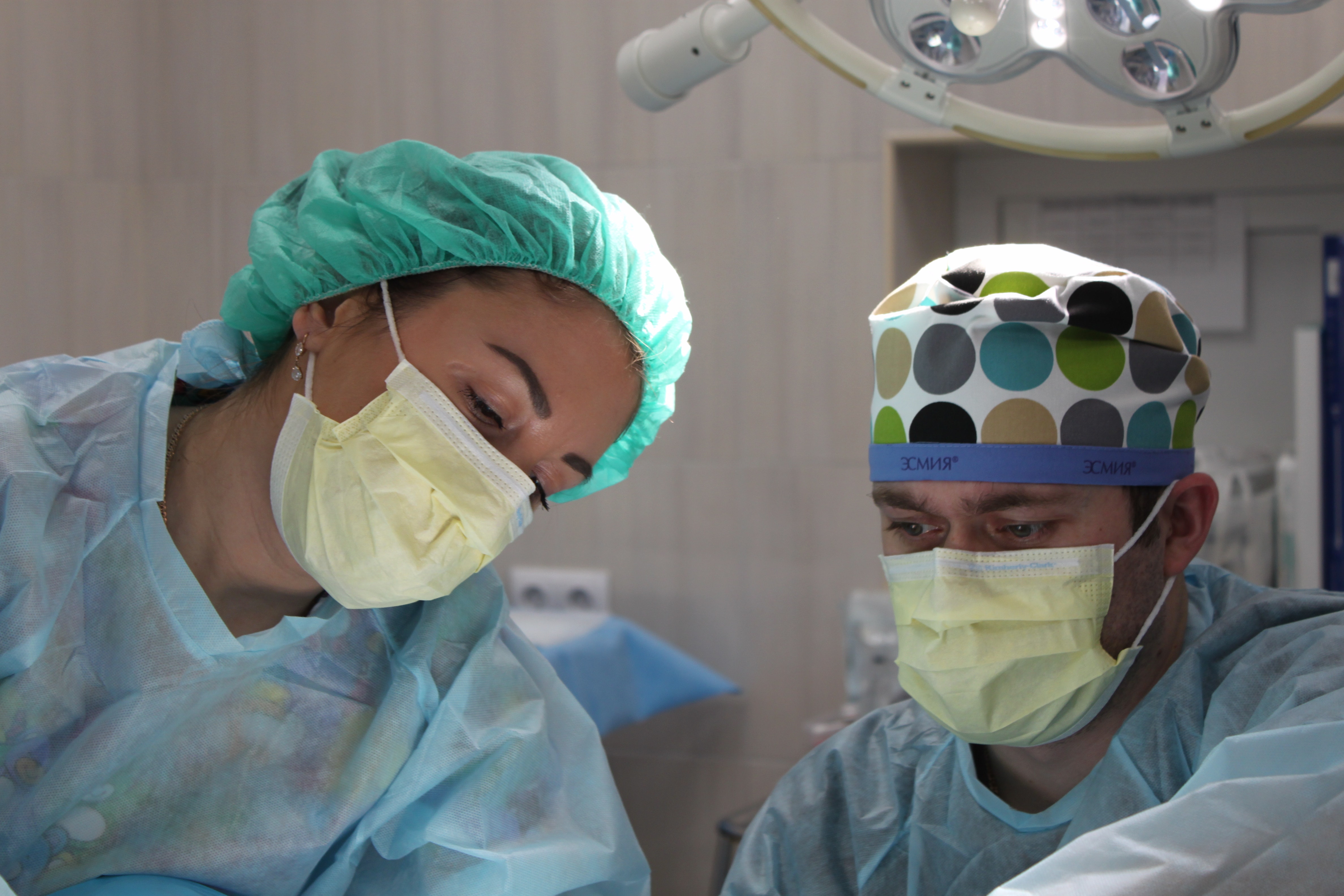
Cervical cancer
About 250 women are diagnosed with cervical cancer each year in Ireland.
Cervical cancer is treated with surgery, radiotherapy and chemotherapy, depending on the type.
What is cervical cancer?
Cancer of the cervix is cancer of the cells lining your cervix. At first, abnormal (pre-cancerous) changes occur. These abnormal cells are called cervical intraepithelial neoplasia (CIN). These cells are not cancerous, but if left untreated, may develop into cancer.
Cancer is when the abnormal cells in the cervix form a tumour. These cells may then spread to other areas.
About 250 people are diagnosed with cervical cancer each year in Ireland.

What is the cervix and what does it do?
The cervix is found deep inside your vagina at the lower end of your uterus (womb). It is often called the neck of the uterus as it is the opening to the uterus from the vagina. It is shaped like a cone.
Usually your cervix is closed but it opens during labour to allow for birth.
The cells in your cervix are changing all the time. Most changes happen in an area called the transformation zone. Sometimes abnormal changes happen.
Note:
We use gender-inclusive language. We sometimes use woman/man and female/male when they are needed to explain a person's treatment and care - for example, talking about hormones or body parts - and when needed to describe research or statistics.
More information about cervical cancer
More information about a cervical cancer diagnosis
More information about cervical cancer treatment
Treatment for cervical cancer includes surgery, chemotherapy and radiotherapy. For more information about treatments for cervical cancer, visit our treatment page. For specific treatment information use the links below.
Coping with cervical cancer treatment and side-effects
Medical content updated from our Understanding Cervical Cancer booklet (2024). Reviewed by Dr Karen Cadoo, Consultant Cancer Geneticist and Medical Oncologist, Aidin Roberts, Gynaecological Oncology Clinical Nurse Specialist and Linda Wilson, Daffodil Centre Nurse.
This is GO
For more information on cervical cancer, you can also look at This is GO, which gives tailored information for people worried about gynaecological cancer, including cervical cancer. This is GO is part of the Women's Health Initiative, a research project supported by the Irish Cancer Society.
Looking for support?
Our cancer support section contains information and advice on coping with cancer for diagnosed patients and their loved ones.


The Irish Cancer Society uses the most up-to-date cancer statistics from the National Cancer Registry Ireland, available on www.ncri.ie
For more information
Phone
1800 200 700















